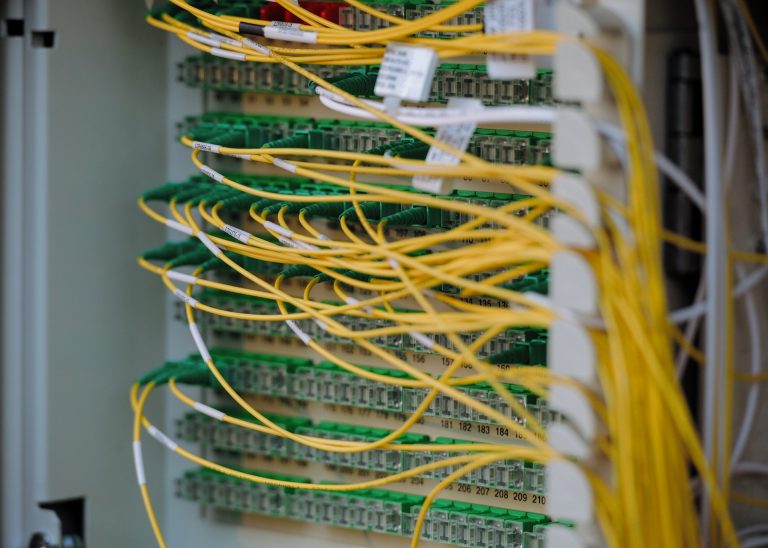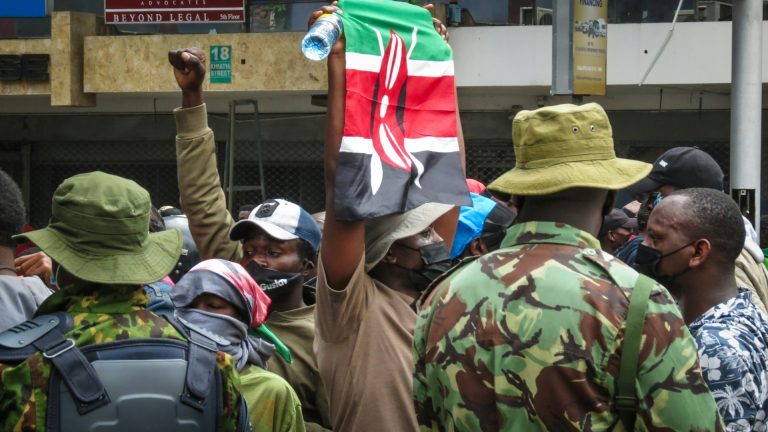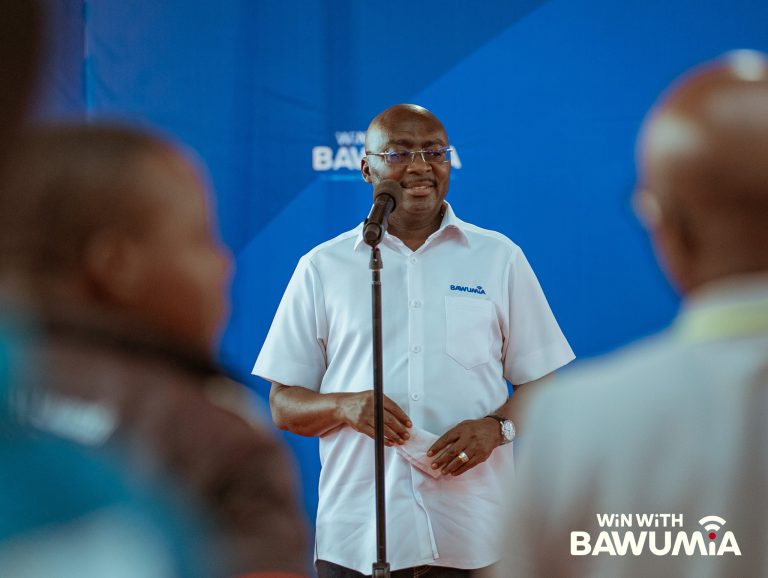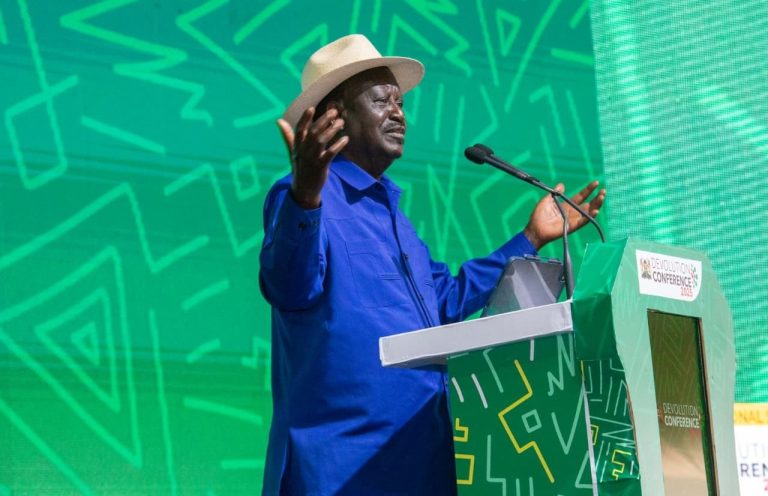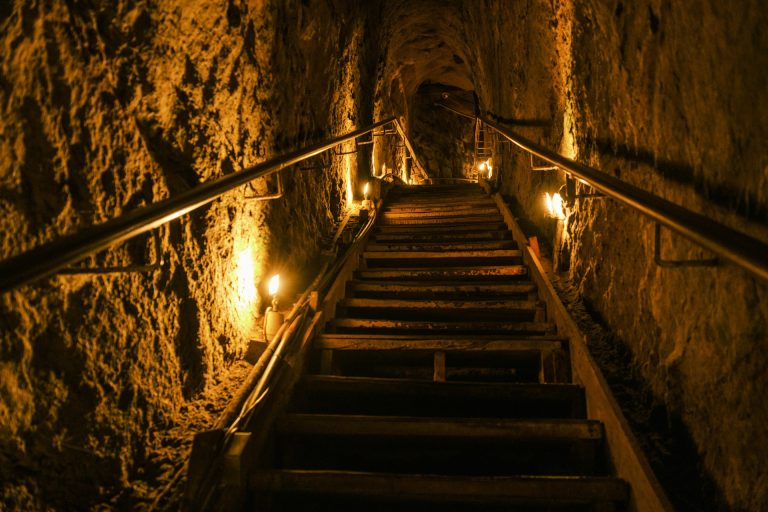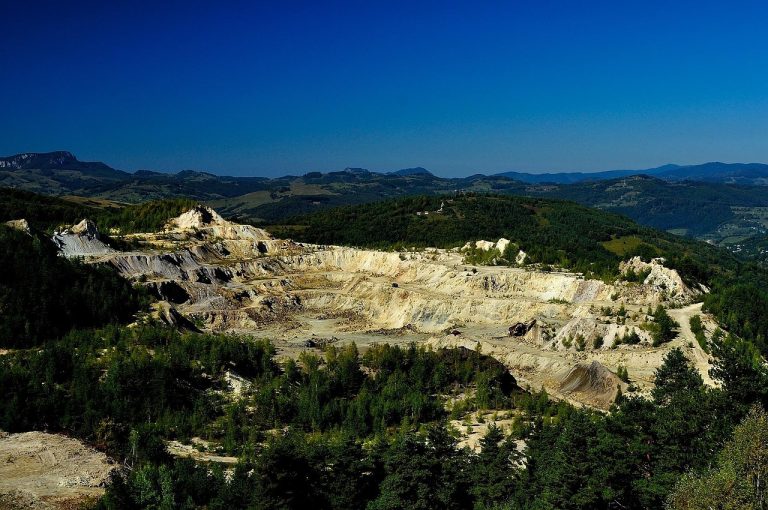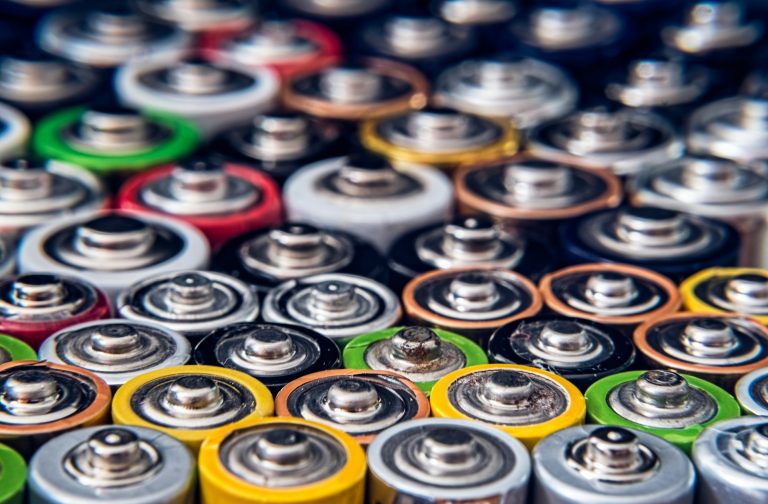- Investors demand higher yields on Nigeria’s OMO bills
- Central bank faces pressure as FX, oil slump bite
ABUJA, NIGERIA – Nigeria raised $190.84 million (₦273.6 billion) from its latest Open Market Operation (OMO) auction on Tuesday, well below its ₦600 billion offer, as investors demanded higher yields.
According to the auction results seen by Allen Dreyfus, the Central Bank of Nigeria (CBN) offered ₦300 billion each in 56-day and 84-day bills. However, investors bought just ₦30 billion – or 10% – of the shorter-tenor paper, while ₦243.6 billion was raised from the longer tenor, representing an overall subscription rate of about 45%.
The 56-day bill matures on December 30, 2025, and the 84-day bill on January 27, 2026. Bid rates ranged between 21.57% and 23.55% for the shorter paper, and 21.39% to 23.45% for the longer one, with stop rates of 21.60% and 21.84%, respectively.
Tight monetary stance meets market resistance
Nigeria’s monetary authorities have maintained a tight policy stance to curb inflation, relying heavily on OMO sales to absorb excess liquidity. The CBN has conducted several high-volume auctions this year, including a ₦1.008 trillion sale on April 25 that was oversubscribed by 102%, and a ₦804.85 billion sale on April 29 that drew 111% oversubscription.
But the weaker appetite in Tuesday’s auction signals a shift. Market participants say rising foreign exchange (FX) pressures and subdued oil prices are eroding investor confidence.
“We are under pressure on the FX side. Oil prices are far lower than expected and production levels have flattened around 1.5 million barrels per day,” said Dr. Emeka Ucheaga, CEO of Credit Direct Limited, a Nigerian finance firm.
“The Open Market Operations help attract foreign investors to bring in cash, which helps shore up our foreign reserves. The liquidity in the market is not really the problem — ensuring the exchange rate remains stable is more important than mopping up liquidity,” he told Allen Dreyfus.
The latest auction produced an average yield of about 23%, higher than last week’s 22.5%, with most bids clustering above the 23% level. Analysts say the lower volume sold reflects the CBN’s unwillingness to meet investors’ yield expectations.
“The challenge now is that the market is still demanding higher rates than CBN is willing to pay, so that’s the reason why they aren’t seeing demand for the OMO bills,” Ucheaga explained.
Nigeria’s benchmark monetary policy rate stands at 27%, after the central bank trimmed it by 50 basis points at its September Monetary Policy Committee meeting.



